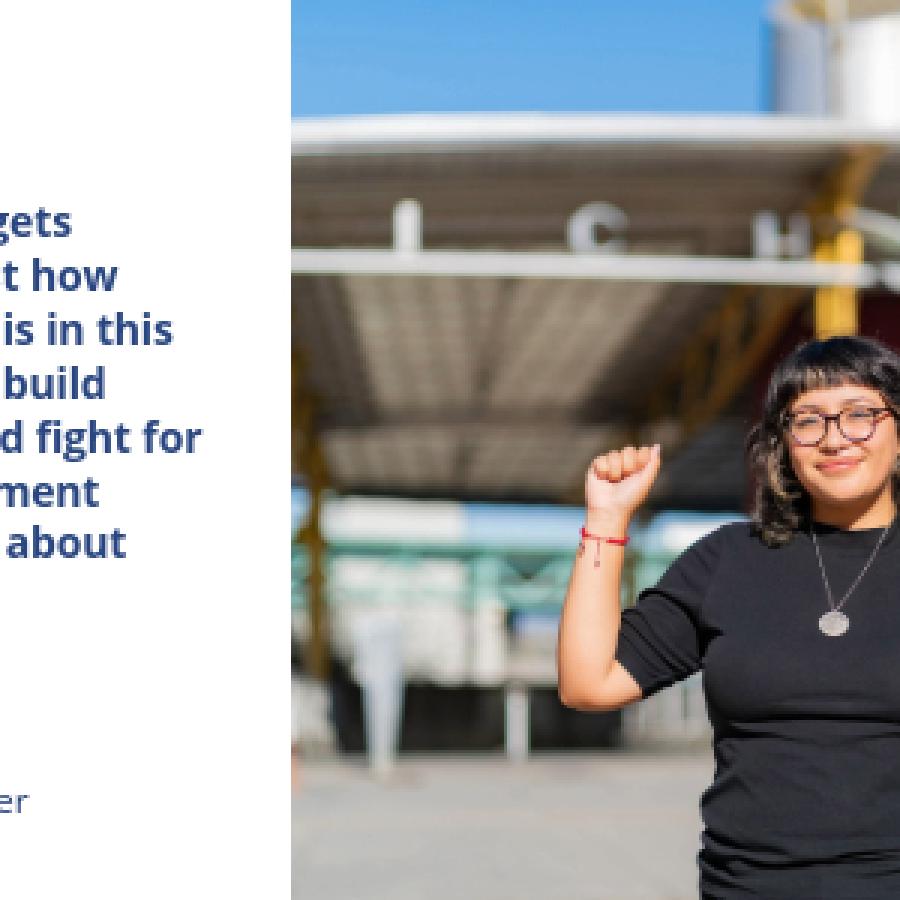New Data Tool: Policing in Schools
New Indicator: Policing in Schools
Explore the data now
All young people should feel safe and welcomed in schools. But our new data shows that Black, Native, and Pacific Islander students are consistently overrepresented in school arrests and referrals to law enforcement. These disparities fuel the school-to-prison pipeline and undermine efforts to create safe, supportive learning environments.
The Atlas’s new Policing in Schools indicator provides the most comprehensive look at disparities in school discipline. Atlas users can now explore school-based arrest and referral data by race/ethnicity, gender, grade level, and class size—across geographies in all 50 states.
Key insights include:
- Black and Pacific Islander male high school students had the highest rates of arrests in the nation, while Black and Native American male students were disproportionately referred to law enforcement.
- Hawaiʻi had the highest school arrest rate in the nation: 36.3 per 10,000 students, nearly 10x higher than California, despite the latter’s far larger student population as the most populous state.
- In Alabama, Black female high school students experienced the highest arrest and referral rates across most grade levels and school types.
- Disparities persist across classroom sizes: Black students faced the most referrals regardless of class size; Pacific Islander students experienced the highest arrest rates in larger classrooms, whereas Native American students faced the highest arrest rates in smaller classrooms.
Creating Dignity in Schools
Communities across the country are organizing to replace harmful policies with restorative practices that keep students—especially Black and Latinx youth—learning in the classroom with dignity. 
In Los Angeles, the local chapter of the Dignity in Schools Campaign mobilized students, families, educators, and community organizations against disruptive, punitive suspensions. Their advocacy led the Los Angeles Unified School District (LAUSD)—the nation’s second-largest district—to adopt the landmark 2013 School Climate Bill of Rights, banning suspensions and expulsions for vague “willful defiance” infractions.
The results were substantial: expulsions and suspensions dropped across all offenses including fights, weapons, and drugs. Citing these years of success, statewide coalitions secured Senate Bill 419 (2024), extending the ban on “willful defiance” suspensions to every K-12 classroom in California. Advocates now call on districts across the country to adopt similar, evidence-based reforms to keep students safe and in class.
Explore the data and solutions here, and learn more about how you can use this tool to advocate for young people at the local, state, and national level.
